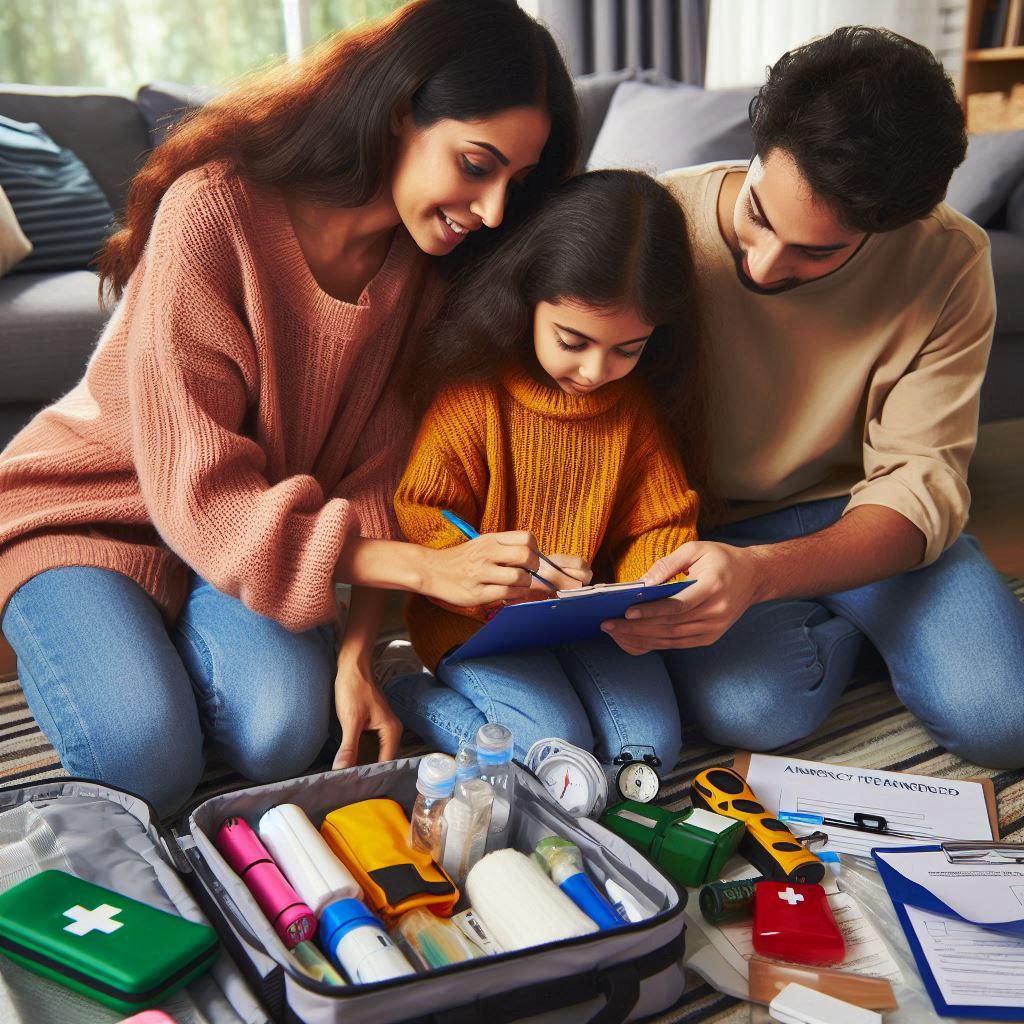Respect is fundamental in nurturing and sustaining healthy relationships. It is vital in establishing trust, emotional closeness, and effective communication between partners. In a healthy relationship, respect means appreciating each other’s opinions, feelings, and boundaries. It involves treating one another with kindness, empathy, and understanding, even when disagreements arise. Without respect, relationships are likely to deteriorate and become unhealthy.
Key Points:
- Respect is crucial for building trust and emotional intimacy.
- It involves valuing each other’s opinions, feelings, and boundaries.
- Respectful communication and kindness are essential for a healthy relationship.
- Lack of respect can lead to dissatisfaction and emotional harm.
- Cultivating respect promotes better communication, trust, and overall relationship satisfaction.
Defining Respect in Healthy Relationships

Respect in a healthy relationship means valuing and honoring your partner as an individual. It involves accepting them for who they are, recognizing their opinions and feelings, and treating them with kindness and consideration. Respect also means allowing space for each other’s autonomy and supporting personal growth and interests. It includes listening actively and communicating honestly. In essence, respect forms the foundation of a strong, harmonious connection.
Examples of Respectful Behavior:
- Active Listening: Paying close attention and showing empathy when your partner speaks.
- Effective Communication: Sharing thoughts and feelings openly, using a respectful tone.
- Supporting Autonomy: Encouraging and respecting each other’s personal interests and goals.
- Empathy and Understanding: Being compassionate towards your partner’s experiences.
- Boundaries and Consent: Respecting each other’s boundaries and seeking consent.
Ways to Show Respect in a Healthy Relationship
Maintaining a healthy and loving relationship requires mutual respect. Here are practical ways to demonstrate respect:
- Open and Honest Communication: Engage in sincere conversations. Listen to your partner without interrupting or judging. Encourage them to express themselves freely and respond with empathy.
- Active Listening: Give your full attention when your partner speaks. Show genuine interest, and acknowledge their perspective by summarizing or repeating their words.
- Valuing Feelings and Needs: Show empathy for your partner’s emotions and strive to meet their needs. Demonstrate that their well-being matters to you.
- Compromising: Be open to finding solutions that work for both of you. Respect boundaries and avoid imposing your own desires over theirs.
- Speaking Kindly: Use respectful and supportive language. Avoid derogatory or belittling remarks, even during disagreements.
- Supporting Individual Interests: Encourage your partner to pursue their passions and goals. Celebrate their achievements and give them the space to grow.
- Honoring Boundaries: Respect your partner’s emotional, physical, and personal boundaries. Always seek consent.
- Showing Kindness and Compassion: Be attentive to your partner’s needs and offer support during difficult times.
The Role of Self-Respect in Healthy Relationships

Self-respect is equally crucial for maintaining healthy relationships. It involves recognizing your inherent worth, valuing your strengths, and setting healthy boundaries. People with a strong sense of self-respect are more likely to demand and maintain respect from their partners, contributing to a balanced and fulfilling partnership.
Self-respect also enhances emotional well-being, enabling individuals to engage in relationships with confidence and stability. By prioritizing self-care and maintaining boundaries, individuals create a solid foundation for respectful and mutually satisfying relationships.
The Interconnection of Trust and Respect

Trust and respect are deeply intertwined in healthy relationships. Respecting your partner’s boundaries, opinions, and feelings builds a reliable and emotionally safe environment, which is essential for trust. When both trust and respect are present, partners feel secure to express themselves openly, promoting deeper emotional bonds and intimacy.
The Importance of Communication in Respecting Perspectives
Effective communication is crucial for respecting each other’s perspectives. It fosters mutual understanding and validation. By practicing active listening and expressing thoughts without judgment or interruption, couples can maintain respect, even during conflicts. This approach ensures that both partners feel heard and valued.
Building and Maintaining Respect in Relationships

Respect must be actively nurtured in relationships. This involves consistent, respectful behaviors and attitudes. Key aspects include speaking kindly, appreciating each other’s contributions, supporting personal growth, and engaging in open communication about boundaries and needs. By doing so, couples strengthen their connection and maintain a lasting sense of respect.
Addressing Disrespectful Behavior

Handling disrespectful behavior is essential for maintaining a healthy relationship. Open communication is key in expressing the impact of such behavior and setting clear boundaries. Confronting and addressing disrespect, whether intentional or not, is necessary for fostering a respectful partnership. In some cases, seeking professional help, such as couples counseling, can be beneficial.
Consequences of a Lack of Respect

A lack of respect can lead to emotional harm, dissatisfaction, and ongoing conflict in a relationship. Ignoring disrespectful behavior can escalate issues, potentially leading to emotional abuse. Prioritizing respect is vital for preventing these negative outcomes and maintaining a safe and healthy relationship.
Benefits of Cultivating Respect
Respect brings numerous benefits to a relationship, including:
- Enhanced Communication: More open, honest, and effective communication.
- Trust and Reliability: A greater sense of security and trust.
- Conflict Resolution: More constructive and empathetic approaches to resolving disagreements.
- Emotional Well-being: Increased self-esteem and overall happiness.
Conclusion
Respect is essential for building and maintaining healthy relationships. It is the foundation of trust, effective communication, and emotional intimacy. By valuing each other’s opinions, feelings, and boundaries, and by treating each other with kindness and compassion, couples can foster a strong and fulfilling partnership. Prioritizing respect leads to a safe, nurturing environment where both partners can thrive.




